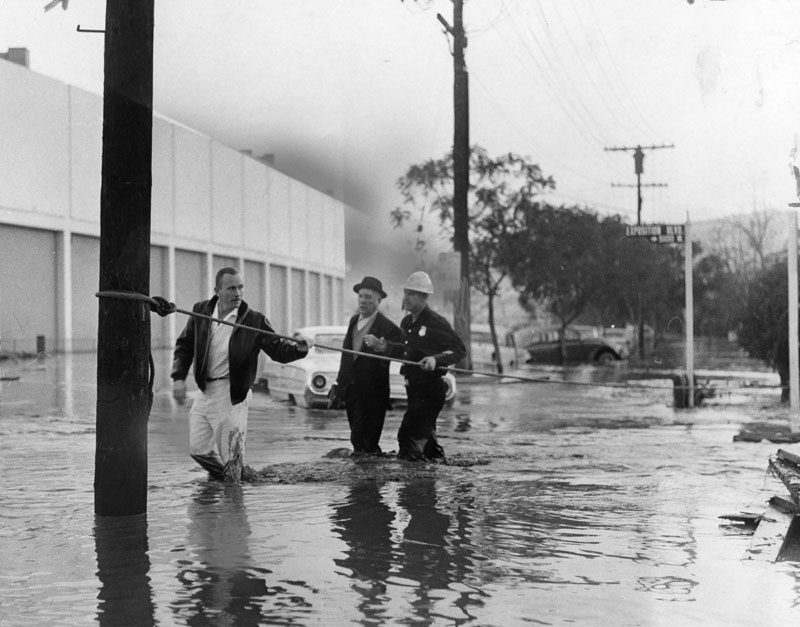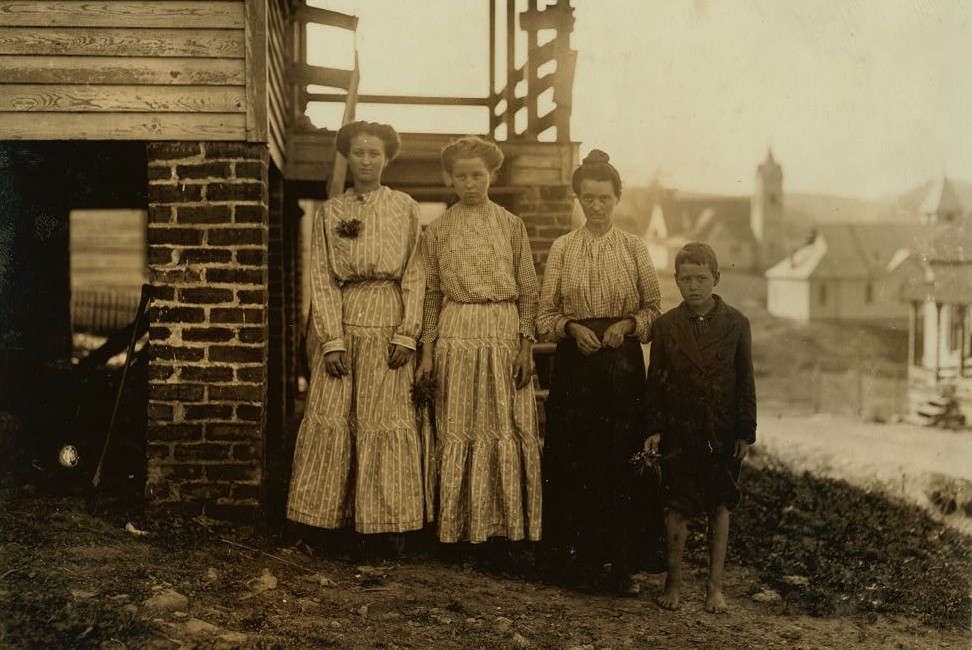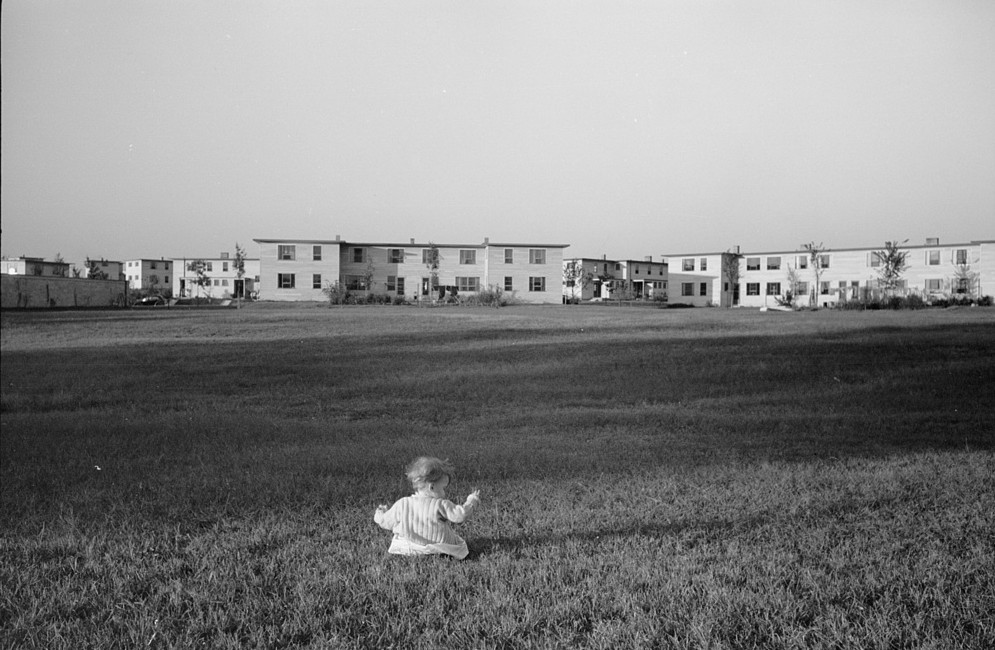Alabama contributing author, Clifford Dobyns provides a history on the bugle call Taps.
“TAPS”
by
My brother, Kenley died in April 2008 at the age of 77. At his funeral, a pastor other than my brother’s pastor told me that my brother was the most outstanding Christian that he knew in the entire tri-state area of Kentucky, Ohio, and West Virginia. This was a great compliment since the person making it had an outstanding reputation himself. My brothers’ service to others included the tri-state hospice, pastoral care at the local medical center, church leadership as a deacon, devotion to family, and a friend to many.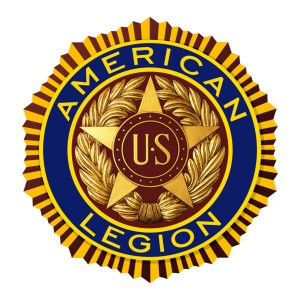
At the gravesite, the service was handled by The American Legion. The service was excellent. Where we were seated we could not see the riflemen close behind us. When the shots were fired, everyone was startled. The bugler was also behind us and when “TAPS” was played, it was hard to handle!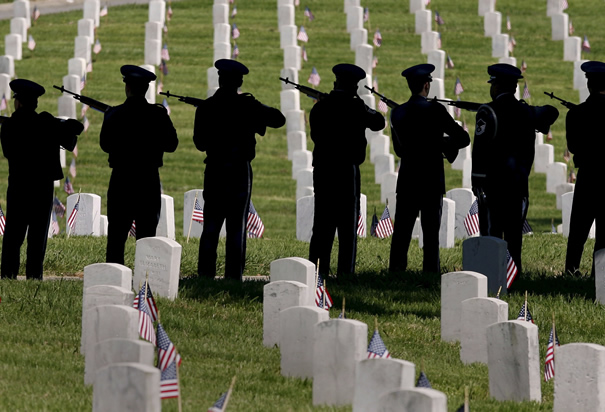
The story of the origin of “TAPS” revolves around General Butterfield. With the help of bugler, Oliver Norton, the call sounded that night in July 1862 at Harrison’s Landing, VA. “TAPS” spread to other units in the Union Army and was also used by the Confederate Army. It was made an official bugle call after the Civil War.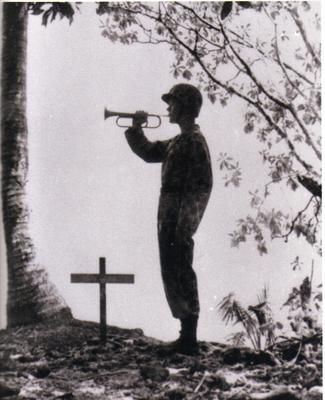
“TAPS” is sounded during each of the 2,500 military wreath ceremonies conducted at the tomb of the Unknowns every year. It is also sounded in military installations at non-deployed locations to indicate “lights out.” When sounded at a funeral it is customary for serving members of the military or Veterans to salute. The corresponding gesture for civilians is to place the right hand over one’s heart.
Three of many verses are as follows:
Day is done, gone the sun,
From the hills, from the lakes,
From the sky,
All is well, safely rest,
God is nigh.
Thanks and praise, for our days,
Neath the sun, neath the stars,
Neath the sky,
As we go, this we know,
God is nigh.
Fades the light, and afar,
Goeth day, and the stars,
Shineth bright,
Fare the well, day has gone,
Night is on.
